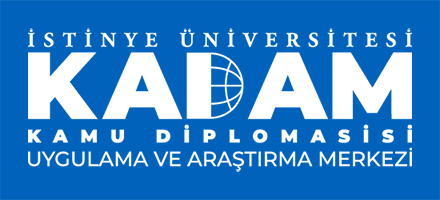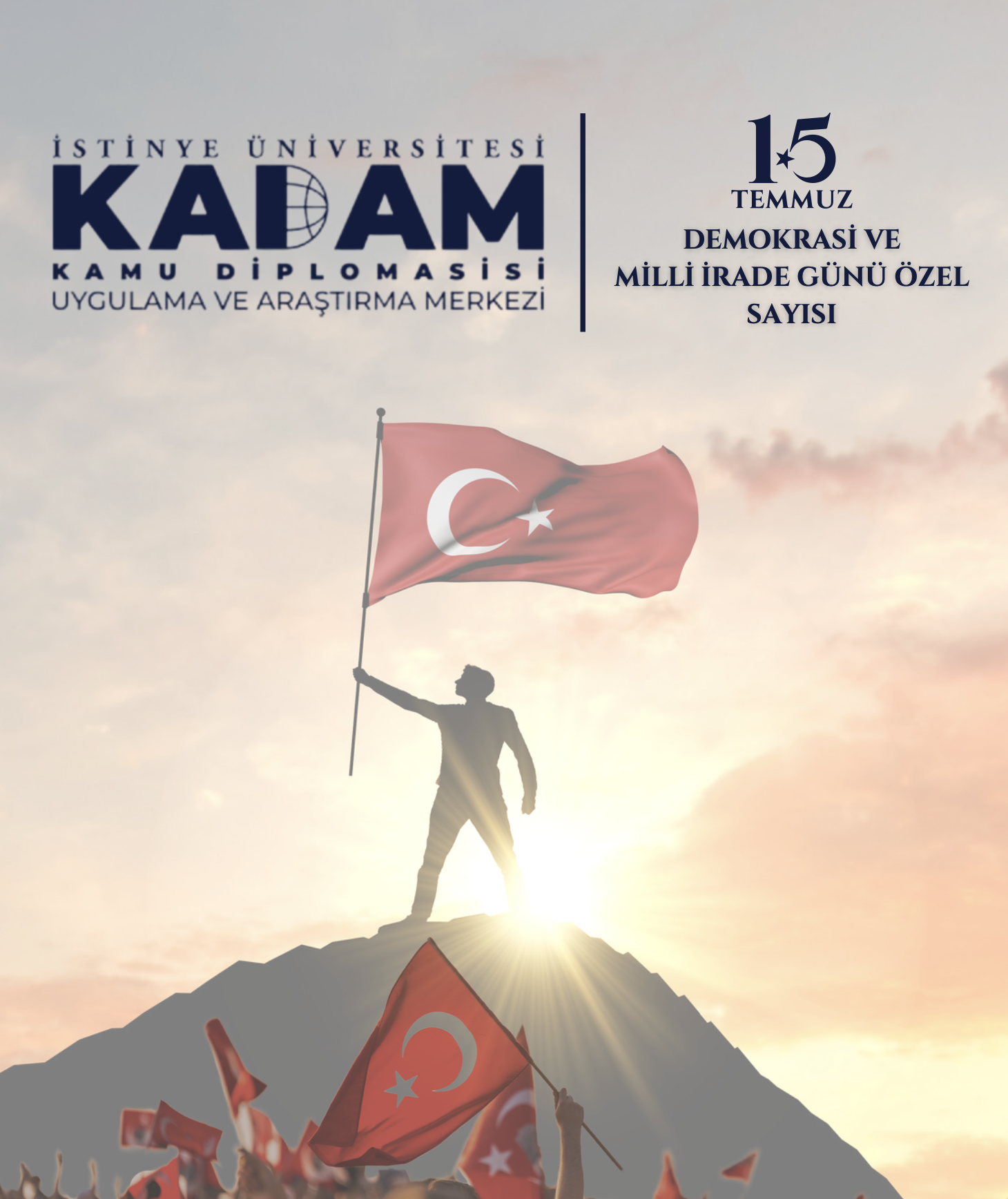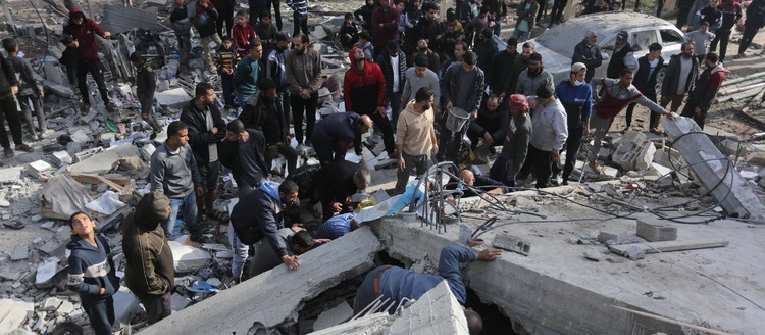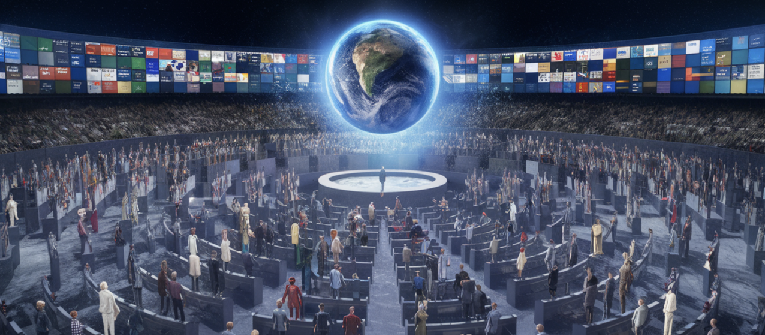 15 July 2023
15 July 2023
SOFT POWER, NATIONAL IMAGE AND REPUTATION
Public diplomacy is closely related to a country's national image and the reputation it has gained in the world. The national image as a whole creates the soft power of the country with the hard power it backs. This definition is just the definition of "soft power" put forward by Joseph S. Nye, Jr*. Nye, who set out from the concept of "interdependence" with Robert Keohane in the theoretical discussions of international relations and exhibited a liberal approach to the discipline, has been widely accepted with his soft power discourse. On the other hand, there are those who criticize the discourse on the basis that soft power is also an "element of power".
A significant part of the criticism in question is directed towards the fact that the elements that constitute soft power are determined according to the conditions of the developed countries where the approach originates. Since it is not possible to find the characteristics and values specific to the developed countries in question in all countries, those who have soft assets will only belong to this developed club. In this dimension, soft power leads to the concentration of global sovereignty in a certain focus, therefore it is based on an imperial basis. The basis of this criticism lies in the critical theory(s) that are gaining ground internationally. It should not be forgotten that the concept of soft power has also been criticized from the perspective of the realist paradigm. The realist school understands "hard power" when it comes to power, and has built its entire state-centered paradigm on security and national interest.
Despite these criticisms about soft power, the national image and the reputation gained internationally undoubtedly play an important role in the foreign policies of states. It is also a fact that some values other than hard power have become important in gaining this image and reputation. However, national image and reputation are not just perceptions that are formed in long and medium processes and are engraved in memories. States can have positive images beyond the soft power elements defined by Nye, with the policies they implement according to the conditions they are in. Joseph S. Nye, Jr., undoubtedly, regardless of his ideological background, has brought a new dimension and discussion to public diplomacy, which is still in its infancy. As the theoretical infrastructure of the discipline develops, different discourses on this subject will be discussed.
*Joseph S. Nye, Jr. (2017), Soft Power. BB101. Istanbul








